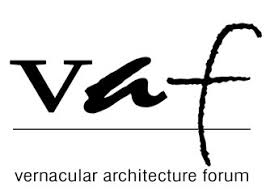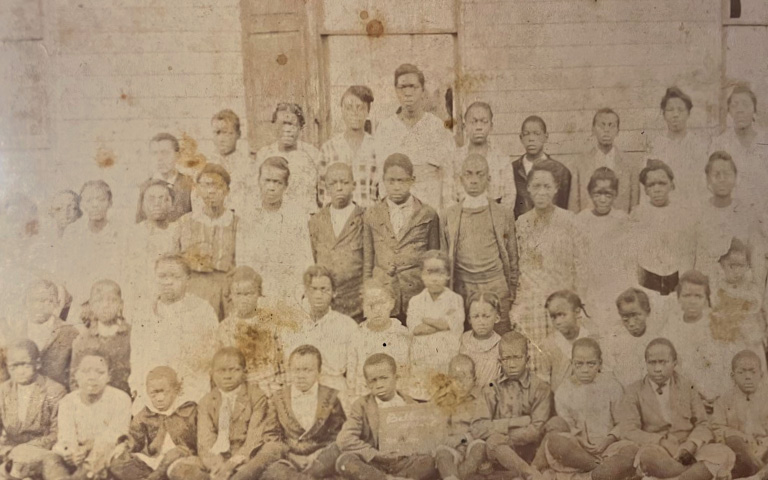

Black Life in Bellevue: Documenting African American Cultural Landscape Along the Chesapeake Bay
Washington College’s Center for Environment and Society and its Past is Present Initiative will partner with Bellevue Village, located on Maryland’s Eastern Shore in Talbot County, and the Bellevue Passage Museum, to conduct a field school aimed at using the venue’s cultural landscape to advance historical understanding and cultural conservation of an African American community, whose aspirations and development were shaped by the Chesapeake estuarine environment.

Call for Applications: Field School, July 3-July 29, 2023
The Field School is open to undergraduate and graduate students, as well as life-long learners. Applicants should prepare a 1-2 page typewritten statement providing their contact information, relevant educational or occupational experience, and why they desire to participate in the field school. This information should be forwarded by email attachment to Dr. Michael Chiarappa at mchiarappa2FREEwashcoll or by regular mail to the address listed below.

Program Goals
The Field School is driven to give African Americans the tools and experience to research their heritage and design interpretive programming and tourism that will benefit their communities.

Program Outcomes
The materials generated through these exercises will be used to create history exhibits and public programming for the Bellevue Passage Museum, as well as serving as resources for heritage tourism in the area. In addition to these outcomes, field school exercises will contribute to the design of a web-based presence for the museum and the community’s wider history, along with providing greater vision for how such documentary work can facilitate cultural conservation and community identity in Bellevue.
About the Program
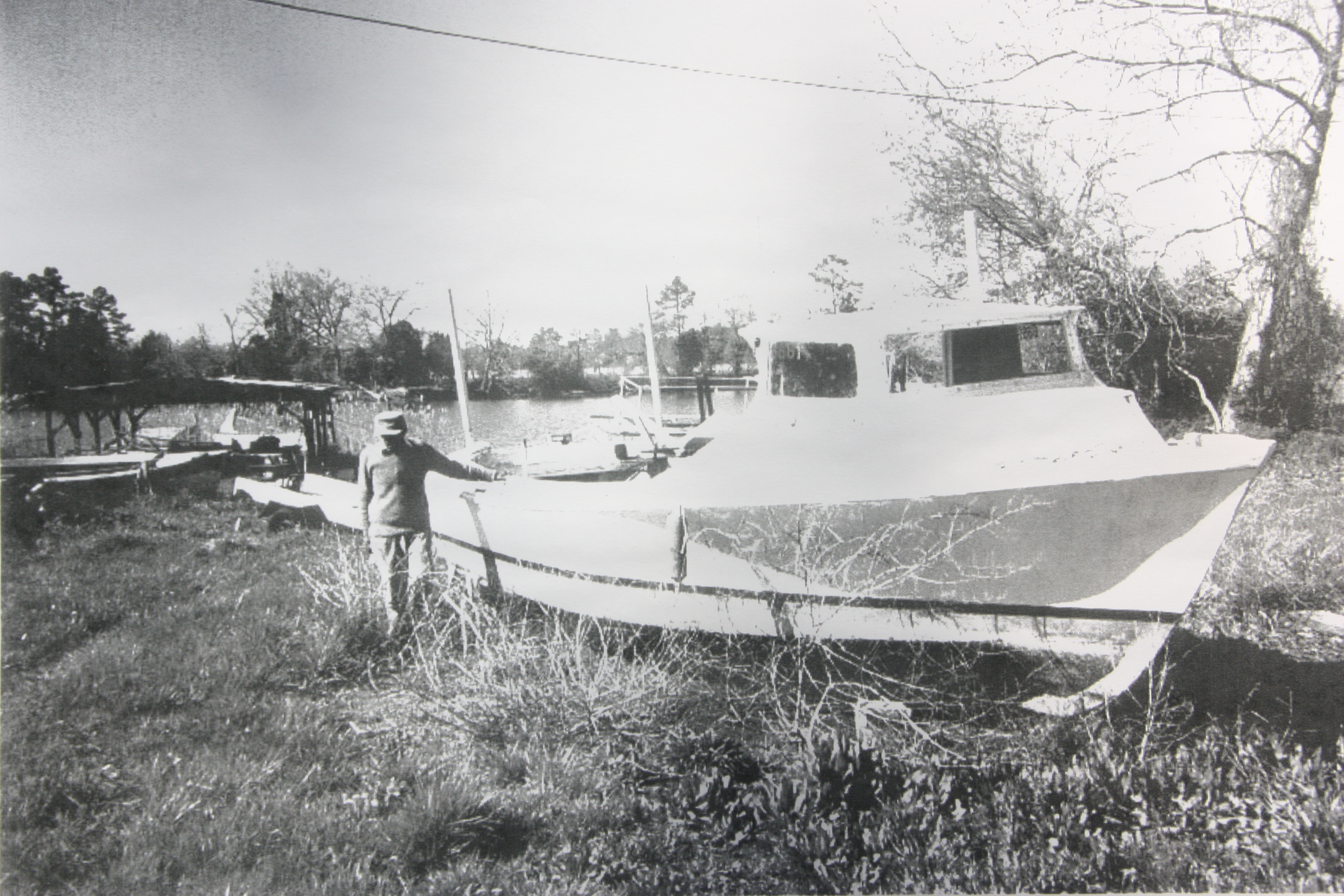
Background
This field school is inspired by the Bellevue community’s commitment to its African American history and the curatorial vision of longtime resident Colonel William DeShields, U.S. Army-retired. His lifetime commitment to collecting Bellevue’s historical materials highlights the power of community-driven initiatives and underscores why the curatorial care of the historical landscape is critical in advancing a fuller understanding of the places and spaces that animated Bellevue’s African American life.
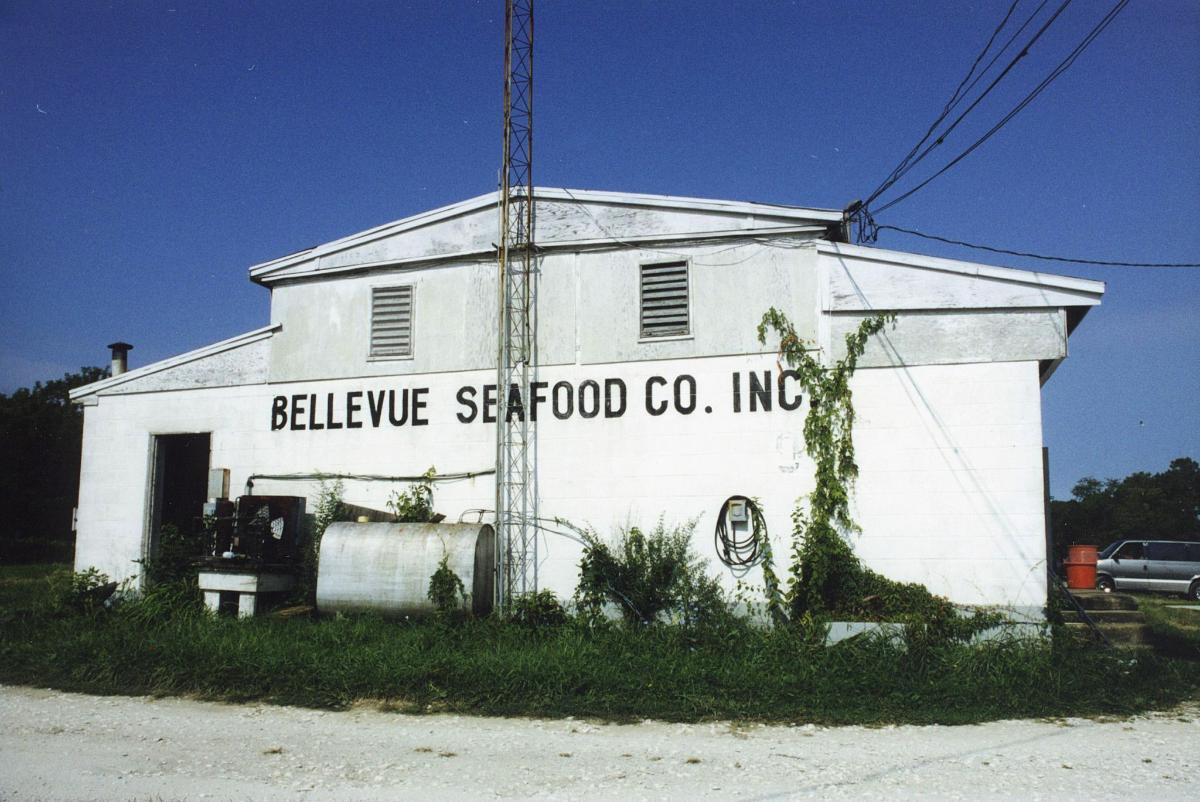
Activities
Led by field school co-directors Michael Chiarappa, Ph.D. and Janet Sheridan, M.A.
and community coordinators Drs. Dennis and Mary DeShields, students will be immersed
in Bellevue’s historical/cultural resources and its contemporary cultural life. Residing
and working in Bellevue for four weeks, students will learn the skills required to
document cultural landscapes—measuring, drawing, and photographing buildings, using
historic documents and visual materials, and conducting oral histories with longtime
residents. Complementing these approaches, students will be introduced to new methodologies
that employ geographic information systems (mapping), computer-aided recording and
visual presentation, and other digital technology that serves to gather and utilize
information that can be used to present Bellevue’s history and its cultural significance
along the Chesapeake Bay.
Application Details
- Program dates: July 3-29, 2023
- Location: Bellevue Village, located on Maryland's Eastern Shore in Talbot County, and the Bellevue Passage Museum
- Undergraduate and graduate students, as well as life-long learners
- Participants can elect to take the field school for academic credit, or as non-credit enrollees
- Field school students can choose to receive undergraduate credit through Washington College, or they may choose to arrange independent study arrangements as undergraduate/graduate students at their home institutions.
- Students and practitioners from any number of disciplines or occupations are encouraged to apply, but must have an abiding interest in the buildings, places, and local history of African American life.
- Applicants should prepare a 1-2 page typewritten statement providing their contact information, relevant educational or occupational experience, and why they desire to participate in the field school. This information should be forwarded by email attachment to Dr. Michael Chiarappa at mchiarappa2FREEwashcoll or by regular mail to the address listed below.
- Limited to nine students, each applicant will be interviewed either through online video conferencing, or in-person. Due to limited enrollment, potential participants are encouraged to apply early, and no later than April 3, 2023 to receive the fullest consideration.
- Supported by the Vernacular Architecture Forum and the University of Virginia’s School of Architecture through funding provided by the Andrew W. Mellon Foundation, participants will incur no cost for any room, board, and transportation expenses associated with the field school. Additionally, each participant will receive a stipend/living allowance during the four week session.
Meet Our Team
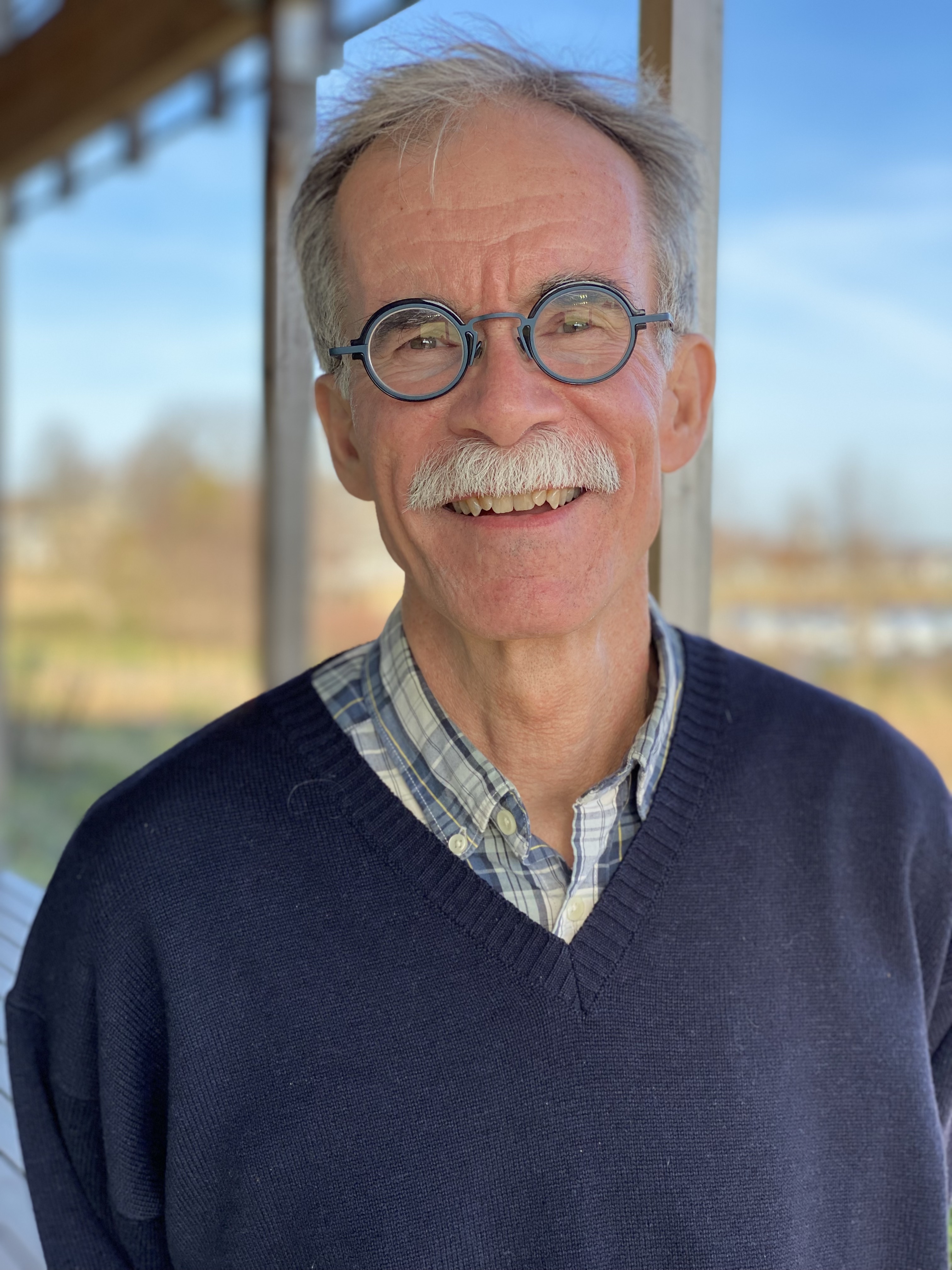
Michael Chiarappa
Michael J. Chiarappa is Co-Director of the field school. He received his Ph.D. from the University of Pennsylvania and is Research Professor of Chesapeake Regional Studies and Director of Cultural and Natural Resource Initiatives at Washington College’s Center for the Environment and Society. Dr. Chiarappa was previously Professor of History at Quinnipiac University and a faculty member in History and Environmental Studies at Western Michigan University. He is co-author of Fish for All: An Oral History of Multiple Claims and Divided Sentiment on Lake Michigan (2003), co-editor of Nature’s Entrepot: Philadelphia’s Urban Sphere and Its Environmental Thresholds (2012) and the author of articles focusing on vernacular architecture/landscapes, regional material culture, and marine environmental history. Dr. Chiarappa’s research and teaching is focused in the areas of American environmental history, the history of America’s built environments and landscapes, American maritime history, and local/regional history. He is also specializes in public history and historic preservation and formerly co-directed the Public History Program at Western Michigan University where he taught courses in historic preservation, documentation methods, and cultural resource management. He has conducted numerous field schools focusing on historic preservation, maritime preservation, museology, oral history, and local history and has worked on historic preservation, maritime preservation, and public history projects in the Middle Atlantic, New England, Chesapeake and Great Lakes regions, and in the Pacific Islands. He is currently co-editor of the Vernacular Architecture Forum’s journal, Buildings and Landscapes and serves on the Scholarly Advisory Board of the Gilder Lehrman Institute for American History. A graduate of the Munson Institute of American Maritime Studies and a former member of the Board of Directors of the Vernacular Architecture Forum, he has worked extensively with a variety of museums and government agencies, including the Smithsonian Institution and the National Park Service.
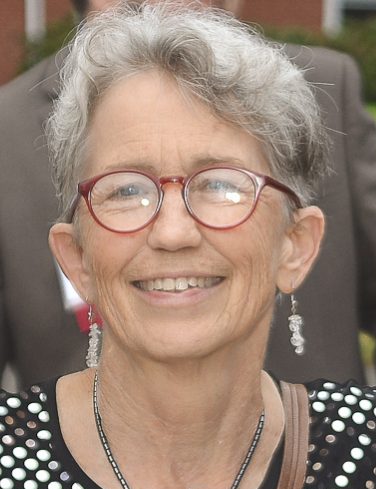
Janet Sheridan
Janet Sheridan is Co-Director of the field school and is a cultural landscape historian and historic preservation consultant based in Salem County, New Jersey. She holds a master's degree from the University of Delaware, and attended the Laval Université Summer Field School in Built Heritage and Cultural Landscapes in Gaspé, Québec. The diversity of fields she has engaged in over the years—ecology, photography, civil engineering, historic architecture, historic preservation planning and advocacy—she applies to the study of historic cultural landscapes. Her research, much of which has been funded under research grants from the state of New Jersey, has documented African American sites, farmsteads, outbuildings, and pre-industrial timber frame architecture in southwestern New Jersey along the Delaware Bay. Her first African American research project followed her discovery of the 1798 home of Reuben Cuff, one of the founders of the African Methodist Episcopal Church in 1816. After that, she investigated the history of Marshalltown, a forgotten antebellum free-Black settlement, which she surveyed and listed as a historic district on the New Jersey and National Registers of Historic Places in 2013 and which received a statewide award in 2021.
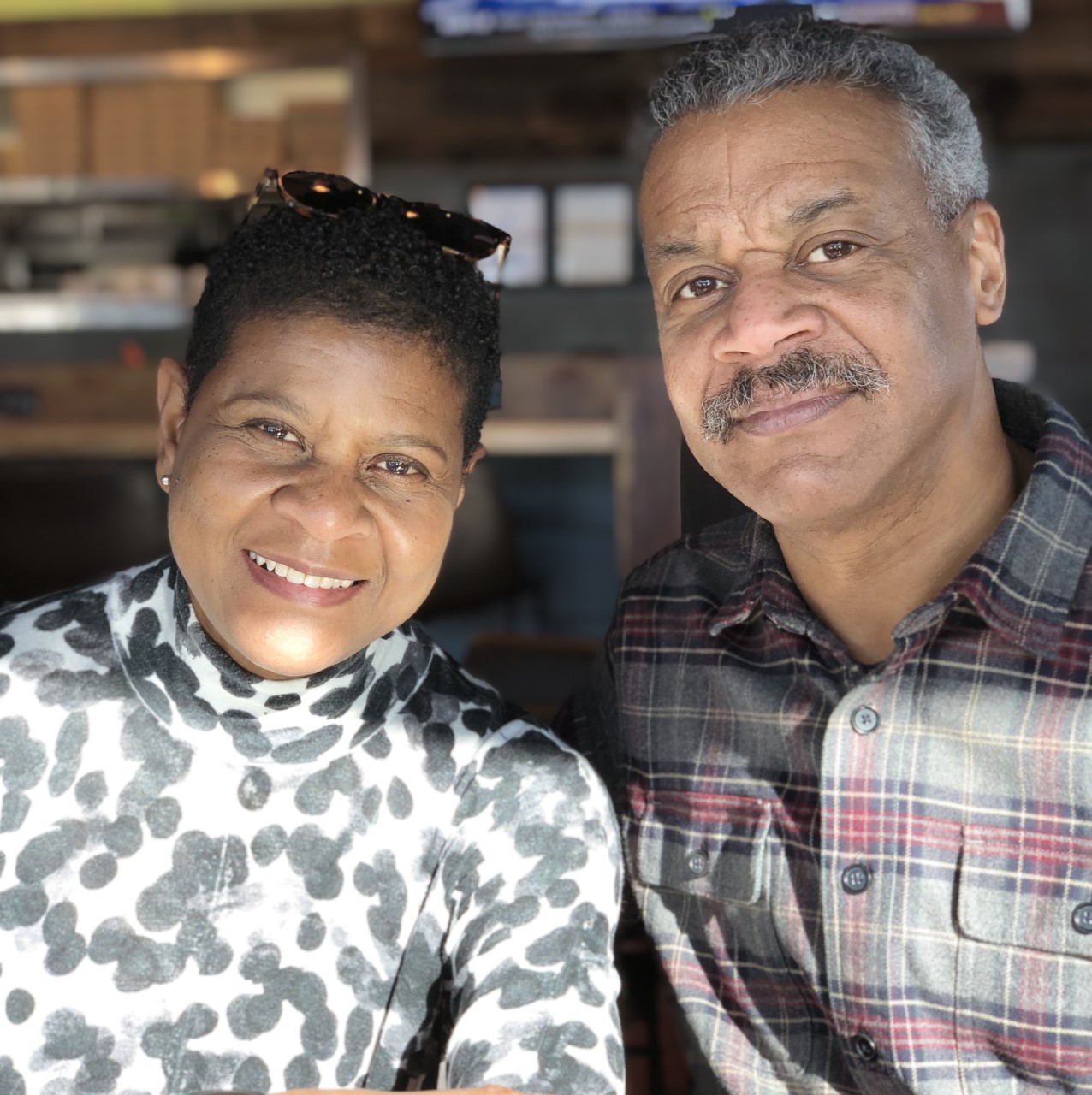
Mary and Dennis DeShields
Drs. Dennis and Mary DeShields are Community Coordinators for the field school. Dennis is a fourth-generation descendent of Bellevue, where his father and aunt continue to reside. While visiting his grandparents in the 1980s, Dennis was consistently taken by Bellevue’s location on the Chesapeake, its community spirit, and its history. Eventually, Bellevue became a holiday and weekend retreat for the DeShields’ and their young family and in 1998 it became their home. Since this time, the DeShields’ have become committed to preserving Bellevue’s rich culture and heritage and are leading the effort to establish the Bellevue Passage Museum, a place where this history can be presented to wider audiences and serve as a center of cultural conservation for the community.
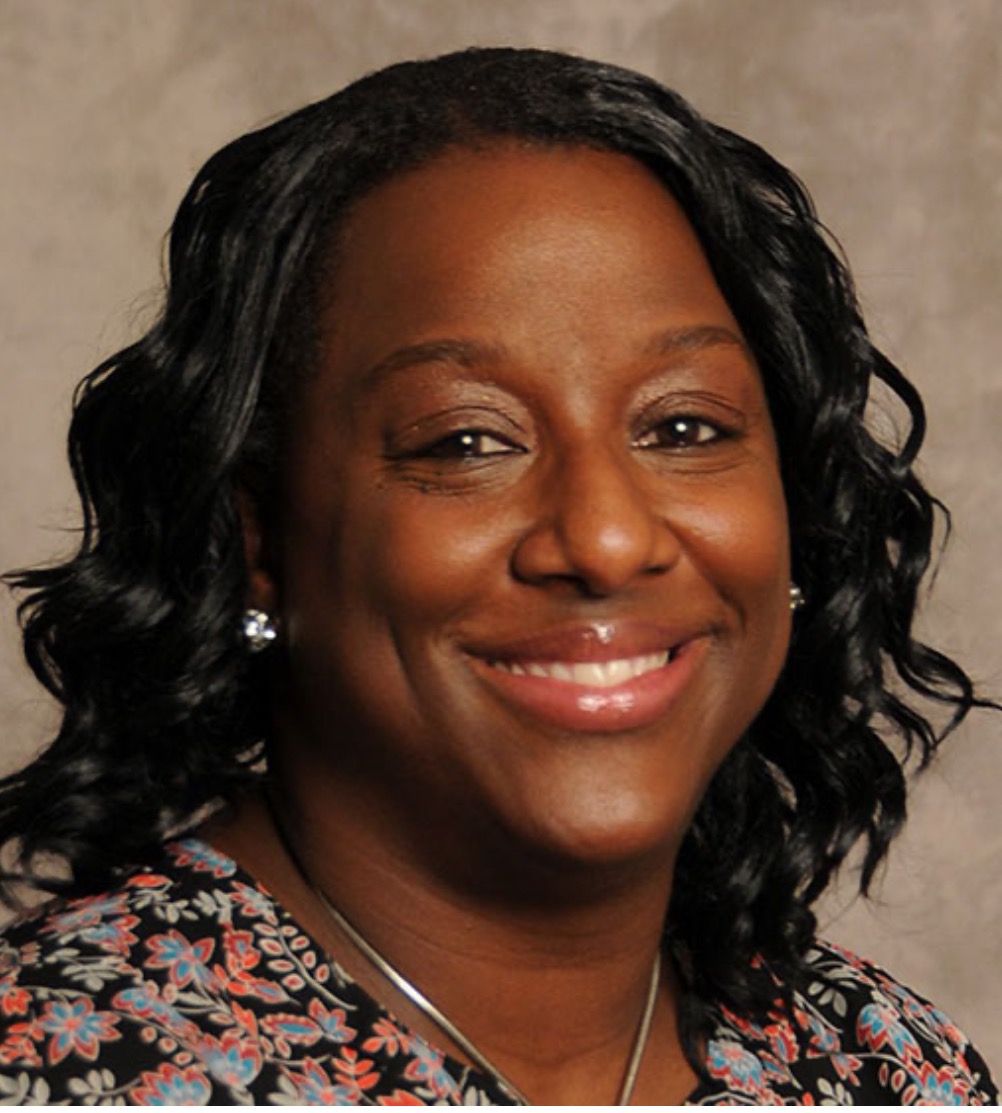
Candace Henry
Candace Henry is Assistant Community Coordinator for the field school and is currently
the Director of the Disability Resource Center at Salisbury University. In addition,
she represents District 2 on the Talbot County Board of Education and was recently
named the first Managing Director of the Water’s Edge Museum located in Oxford, MD
(Talbot County’s first fully accessible African American history museum). As an educator,
Ms. Henry is committed to educating young people who are empowered and socially awakened
to the value and importance of inclusion for all.
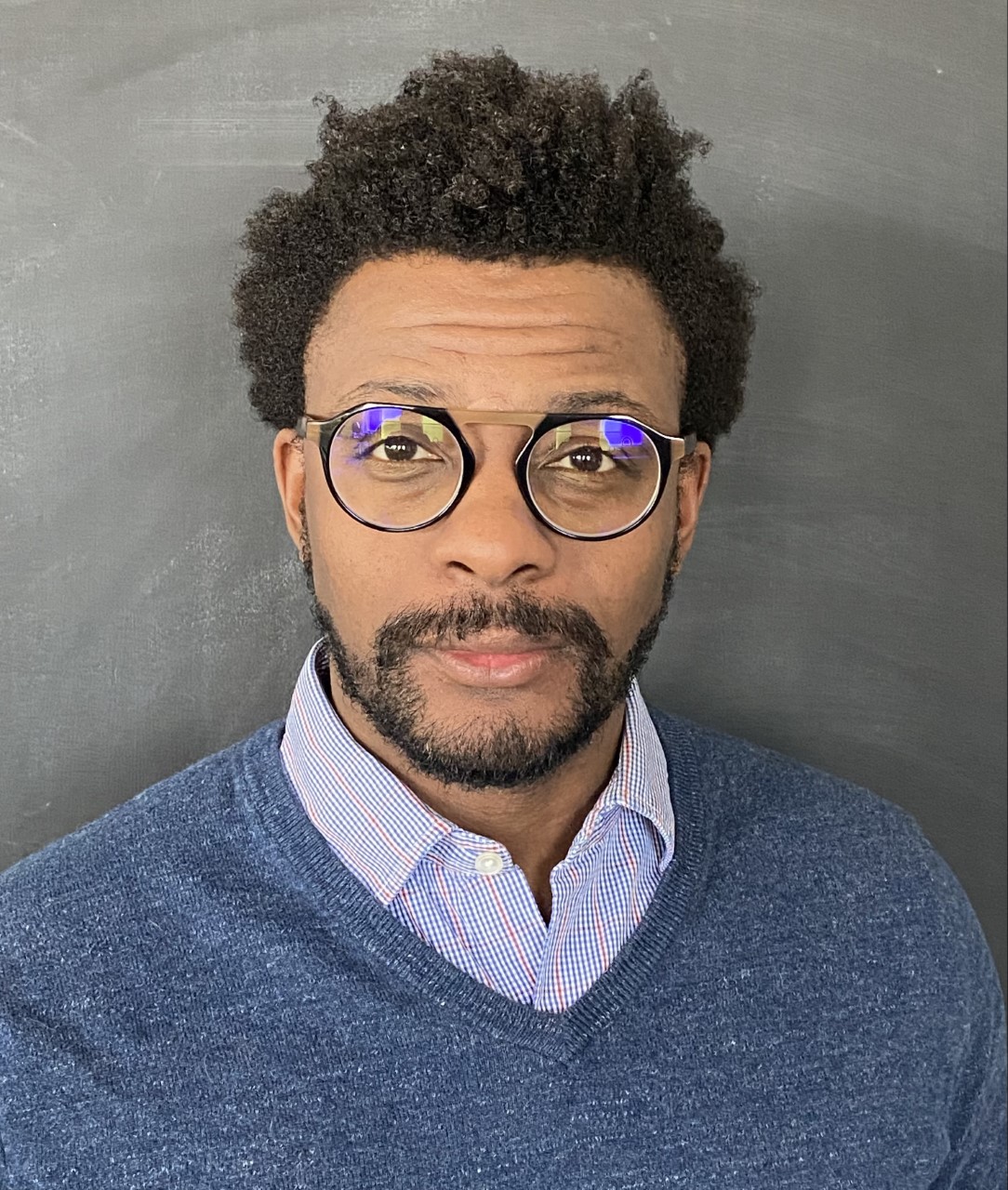
Kentavius Jones
Kentavius Jones is one of the field school’s historians and holds a B.A. and M.A. from Washington College. He is a musician, community educator, and historian of African American life on Maryland’s Eastern Shore. He was a fellow on the 2021 Hip Hop Time Capsule project—an initiative that uses African American gospel music as a vehicle to more broadly examine African American history and culture in Kent County, Maryland and throughout Maryland’s Eastern Shore. The Hip Hop Time Capsule program is part of a partnership program with the C.V. Starr Center for the Study of the American Experience and the Smithsonian’s National Museum of African American History and Culture. Together, these partners shape the broader Chesapeake Heartlands project which focuses on the study, interpretation, and dissemination of African American cultural history in Kent County, Maryland. Jones is also the Music and Creative Director for the Maryland Spirituals Initiative at the Water’s Edge Museum in Oxford, Maryland, an African American art museum that honors the founding Black families of Maryland and America. He sits on the board of the Academy Art Museum in Easton, Maryland and he is currently the interim Director of Talbot Mentors.
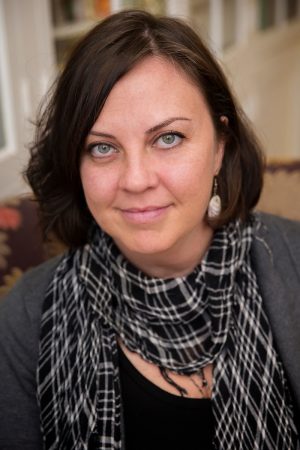
Dr. Kelley Fanto Deetz
Dr. Kelley Fanto Deetz is the Director of Collections and Visitor Engagement at Stratford Hall Plantation. She earned a BA in Black Studies and History from the College of William and Mary, and a MA and PhD in African American Studies from U.C. Berkeley. She is the author of critically acclaimed book, Bound to the Fire: How Virginia's Enslaved Cooks Helped Invent American Cuisine.
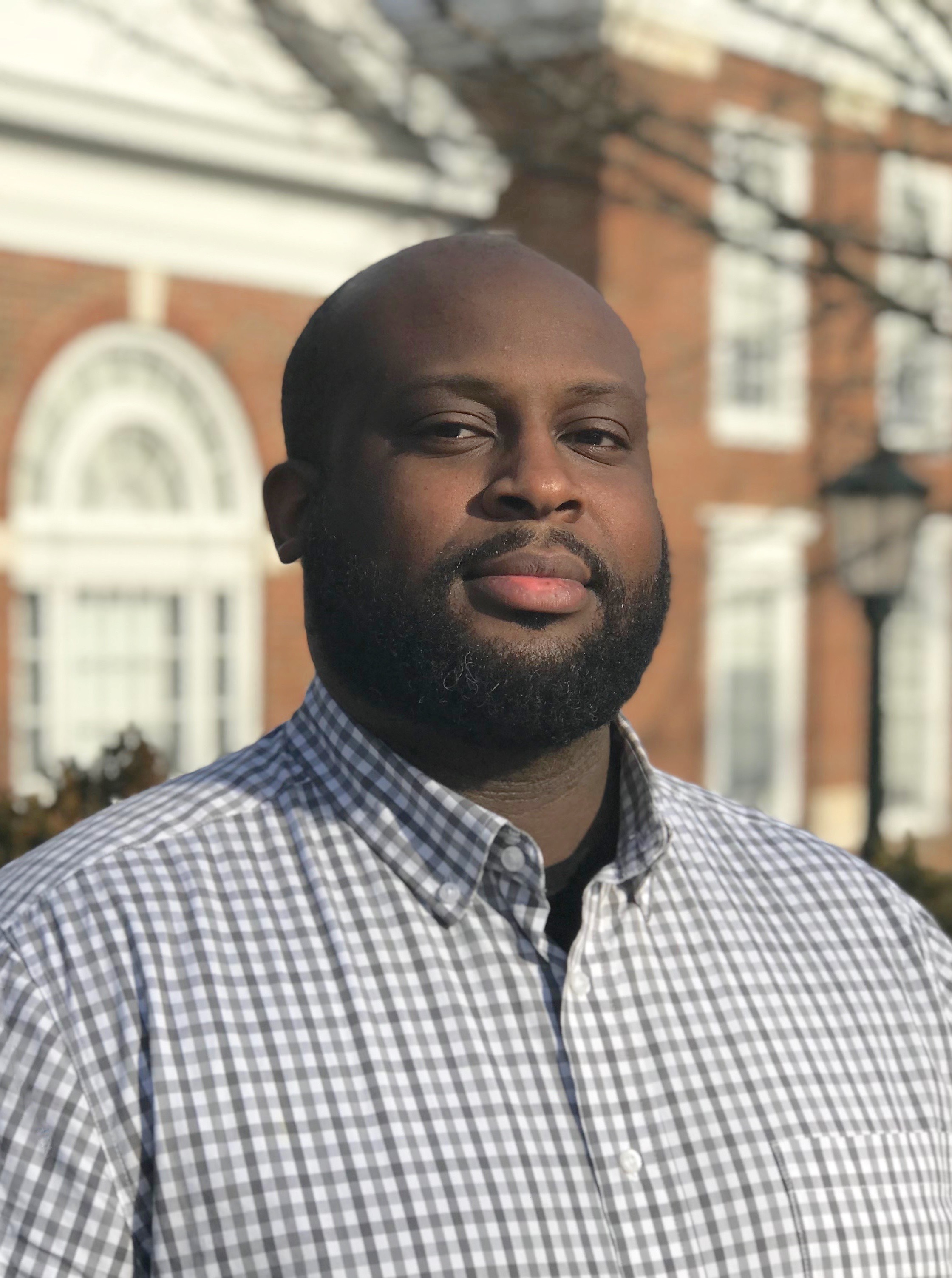
Tony C. Perry
Tony C. Perry received his Ph.D. in American Studies from the University of Maryland, College Park, an M.A. in American Studies from Purdue University, and a B.A. in English and Africana Studies from Bowdoin College. He is Curator of Environmental History at the Smithsonian Institution’s National Museum of American History (NMAH). Prior to assuming his position at NMAH, Dr. Perry held post-doctoral faculty appointment at the Carter G. Woodson Institute for African-American and African Studies at the University of Virginia.
Dr. Perry’s research focuses on the environmental history of slavery in the U.S. In this work Perry examines how the institution of slavery informed enslaved people’s relationship to the environment, how this relationship diverged from that of slaveholders, and how differences in the enslaved community contributed to differences in said relationship among slaves. He argues that across several dimensions of the environment – the land and landscape, the aquatic, the weather, and the supernatural – enslaved women and men relied heavily on the latter as the primary arena of power from which they drew, even as they frequently found the environment an antagonizing entity in their daily lives.
Dr. Perry is currently working on his first book, which will feature his research on the environmental history of slavery in Maryland. He has also published an article based on this work in Slavery & Abolition titled “In Bondage when Cold was King: The Frigid Terrain of Slavery in Antebellum Maryland,” which he completed during his time as a predoctoral fellow in the Carter G. Woodson Institute.
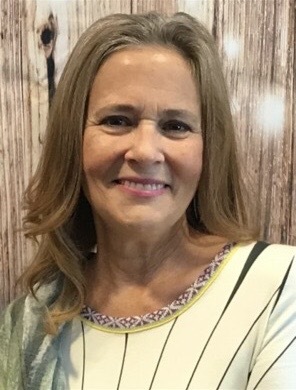
Elizabeth Seidel
Elizabeth Seidel is the Director of Washington College's Past Is Present Archaeology Laboratory, having founded it in 1999 as the college’s Public Archaeology Lab. The work of the lab has included field investigations of several African American sites on the Eastern Shore of Maryland. As an archaeologist who has worked for the Baltimore Center for Urban Archaeology, the University of Maryland College Park, and Anne Arundel County, she has extensive background in the material culture of the region, as well as skills in historical research. Ms. Seidel's interests and experience also encompass museums and public education. She previously served as Director of Education for London Town Public House and Gardens and as the Administrator for the Queen Anne's County Historic Sites Consortium where she oversaw twelve small museums throughout the county.
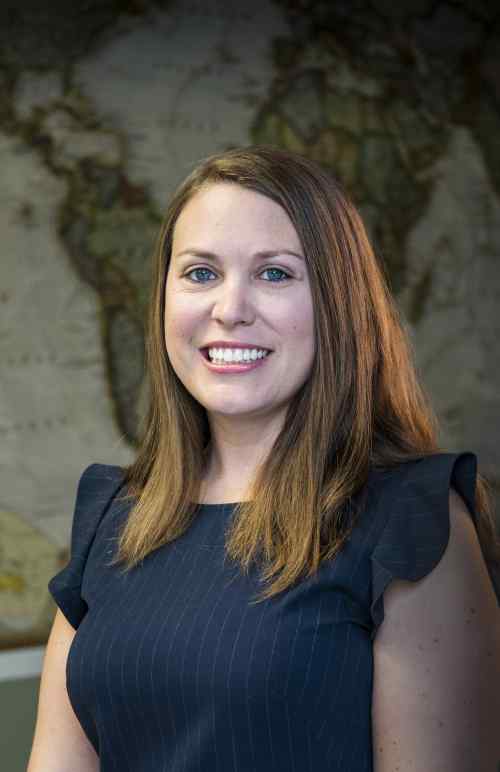
Erica McMaster
Mrs. Erica McMaster is the GIS Program Director at Washington College. She has over fifteen years of experience in GIS and ESRI software products, and is a certified GIS Professional (GISP) through the GIS Certification Institute. She has a bachelor’s and master’s degree in Geography, with a specialization in Geographic Information Systems. Her experience spans academia, as well as both public and private sectors, having previously worked for University of Delaware, the National Park Service, and McCrone, Inc. Civil Engineering. At Washington College, she serves as both an Adjunct Lecturer in Anthropology, teaching courses in human geography, GIS, and remote sensing, and as the Director of the GIS Laboratory, a geospatial technologies hub with a mission of providing students with experiential learning opportunities through professional work experience.
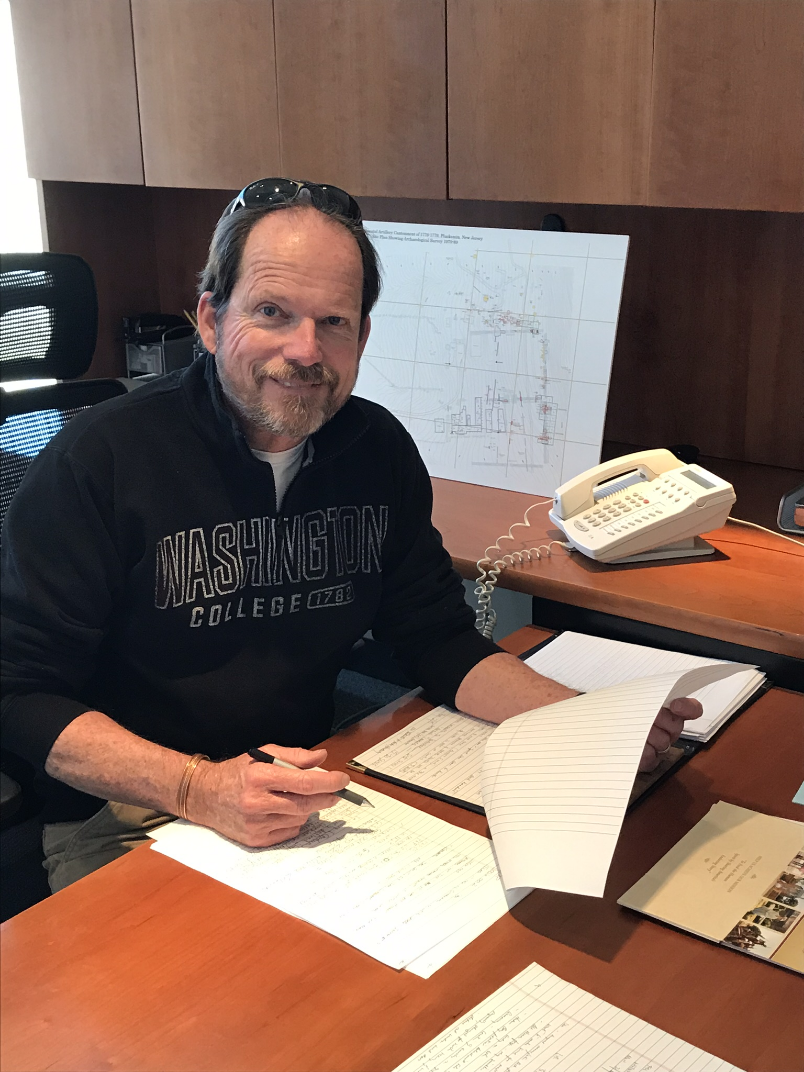
John L. Seidel
John L. Seidel is an historical archaeologist whose work focuses on human intersections with the environment, especially in maritime contexts. Dr. Seidel has led numerous interdisciplinary research teams, while also developing innovative curriculum that engages students in learning by doing. Although his work has taken him to the Middle East and Central & South America, his primary focus is the Chesapeake Region. Of particular interest are archaeology and architectural history, tourism and museums, cultural landscape analyses, and the use of new technologies in research. At Washington College, Dr. Seidel is on the faculty in Anthropology and Environmental Science & Studies, while also directing the Center for Environment & Society.
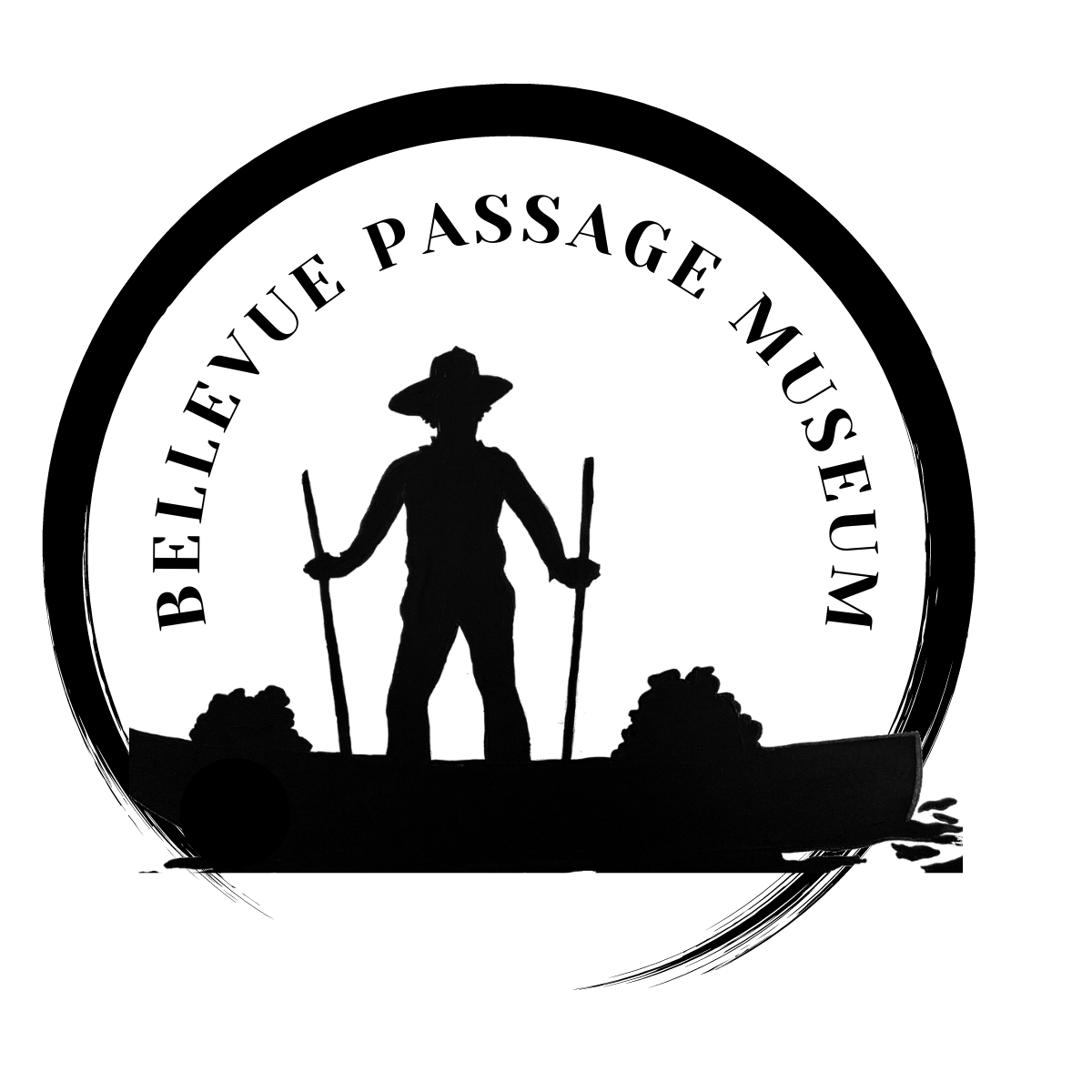
Bellevue Passage Museum
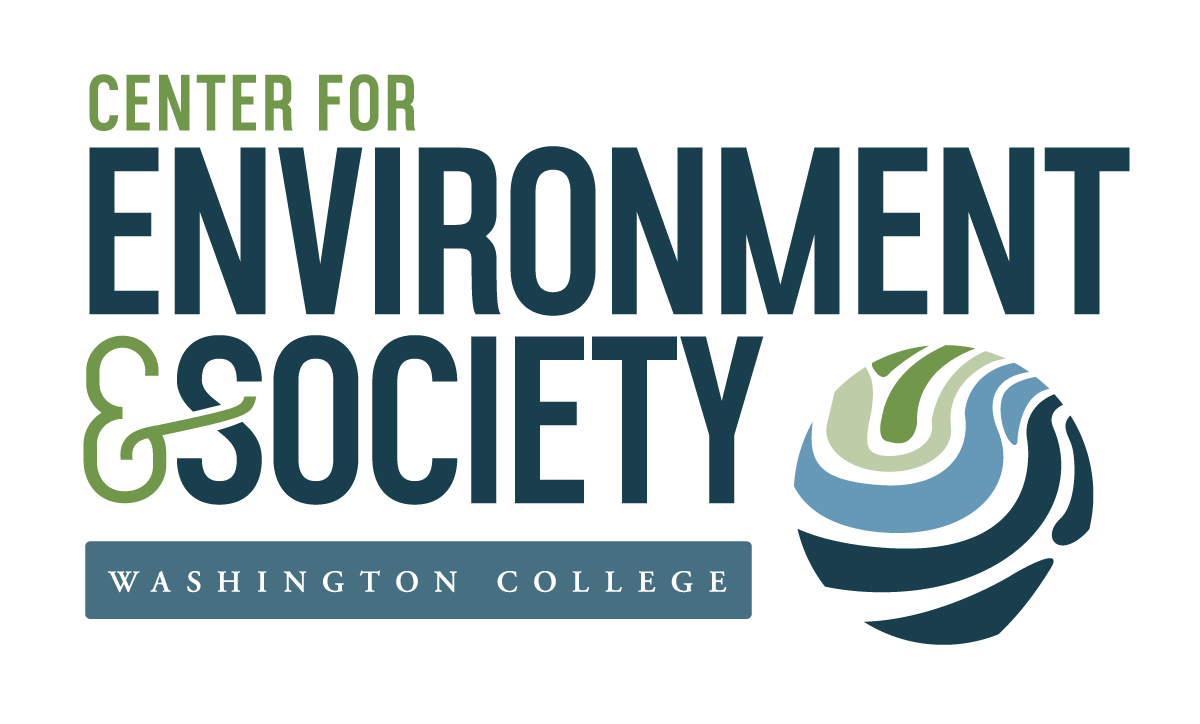
Washington College's Center for Environment & Society
